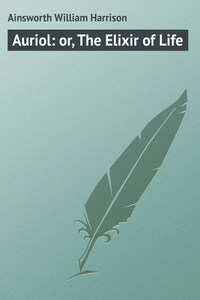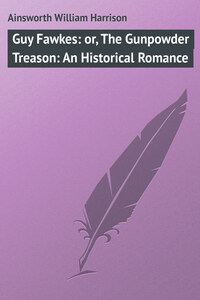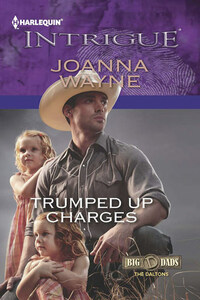DR. LAMB
The Sixteenth Century drew to a close. It was the last day of the last year, and two hours only were wanting to the birth of another year and of another century.
The night was solemn and beautiful. Myriads of stars paved the deep vault of heaven; the crescent moon hung like a silver lamp in the midst of them; a stream of rosy and quivering light, issuing from the north, traversed the sky, like the tail of some stupendous comet; while from its point of effluence broke forth, ever and anon, coruscations rivalling in splendour and variety of hue the most brilliant discharge of fireworks.
A sharp frost prevailed; but the atmosphere was clear and dry, and neither wind nor snow aggravated the wholesome rigour of the season. The water lay in thick congealed masses around the conduits and wells, and the buckets were frozen on their stands. The thoroughfares were sheeted with ice, and dangerous to horsemen and vehicles; but the footways were firm and pleasant to the tread.
Here and there, a fire was lighted in the streets, round which ragged urchins and mendicants were collected, roasting fragments of meat stuck upon iron prongs, or quaffing deep draughts of metheglin and ale out of leathern cups. Crowds were collected in the open places, watching the wonders in the heavens, and drawing auguries from them, chiefly sinister, for most of the beholders thought the signs portended the speedy death of the queen, and the advent of a new monarch from the north – a safe and easy interpretation, considering the advanced age and declining health of the illustrious Elizabeth, together with the known appointment of her successor, James of Scotland.
Notwithstanding the early habits of the times, few persons had retired to rest, an universal wish prevailing among the citizens to see the new year in, and welcome the century accompanying it. Lights glimmered in most windows, revealing the holly-sprigs and laurel-leaves stuck thickly in their diamond panes; while, whenever a door was opened, a ruddy gleam burst across the street, and a glance inside the dwelling showed its inmates either gathered round the glowing hearth, occupied in mirthful sports – fox-i'-th'-hole, blind-man's buff, or shoe-the-mare – or seated at the ample board groaning with Christmas cheer.
Music and singing were heard at every corner, and bands of comely damsels, escorted by their sweethearts, went from house to house, bearing huge brown bowls dressed with ribands and rosemary, and filled with a drink called "lamb's-wool," composed of sturdy ale, sweetened with sugar, spiced with nutmeg, and having toasts and burnt crabs floating within it – a draught from which seldom brought its pretty bearers less than a groat, and occasionally a more valuable coin.
Such was the vigil of the year sixteen hundred.
On this night, and at the tenth hour, a man of striking and venerable appearance was seen to emerge upon a small wooden balcony, projecting from a bay-window near the top of a picturesque structure situated at the southern extremity of London Bridge.
The old man's beard and hair were as white as snow – the former descending almost to his girdle; so were the thick, overhanging brows that shaded his still piercing eyes. His forehead was high, bald, and ploughed by innumerable wrinkles. His countenance, despite its death-like paleness, had a noble and majestic cast; and his figure, though worn to the bone by a life of the severest study, and bent by the weight of years, must have been once lofty and commanding. His dress consisted of a doublet and hose of sad-coloured cloth, over which he wore a loose gown of black silk. His head was covered by a square black cap, from beneath which his silver locks strayed over his shoulders.
Known by the name of Doctor Lamb, and addicted to alchemical and philosophical pursuits, this venerable personage was esteemed by the vulgar as little better than a wizard. Strange tales were reported and believed of him. Amongst others, it was said that he possessed a familiar, because he chanced to employ a deformed, crack-brained dwarf, who assisted him in his operations, and whom he appropriately enough denominated Flapdragon.
Doctor Lamb's gaze was fixed intently upon the heavens, and he seamed to be noting the position of the moon with reference to some particular star.
After remaining in this posture for a few minutes, he was about to retire, when a loud crash arrested him, and he turned to see whence it proceeded.
Immediately before him stood the Southwark Gateway – a square stone building, with a round, embattled turret at each corner, and a flat leaden roof, planted with a forest of poles, fifteen or sixteen feet high, garnished with human heads. To his surprise, the doctor perceived that two of these poles had just been overthrown by a tall man, who was in the act of stripping them of their grisly burdens.
Having accomplished his object, the mysterious plunderer thrust his spoil into a leathern bag with which he was provided, tied its mouth, and was about to take his departure by means of a rope-ladder attached to the battlements, when his retreat was suddenly cut off by the gatekeeper, armed with a halberd, and bearing a lantern, who issued from a door opening upon the leads.









